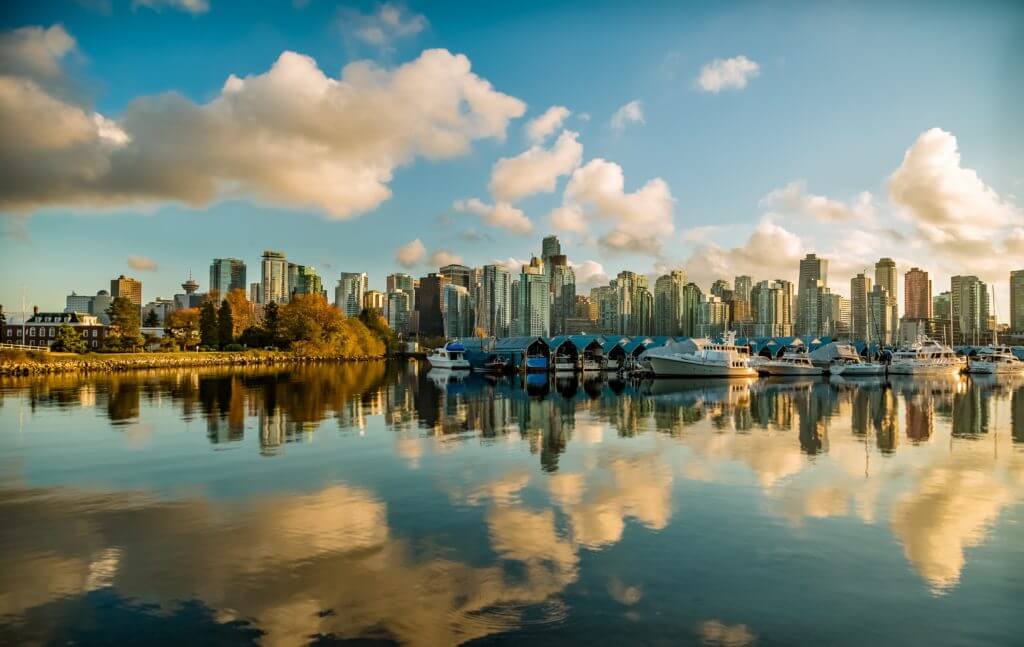
- Best places in British Columbia, Canada to buy vacation rental property
- Why Investing in Vancouver Airbnb Market is a Smart Choice
Embarking on a journey as a short-term rental operator in Vancouver necessitates a comprehensive understanding and adherence to the city’s established regulations. This guide aims to provide a detailed overview of the licensing process and the essential steps to ensure compliance and successful operation in the short-term rental market.
1. Understanding Short-Term Rentals in Vancouver
In Vancouver, a short-term rental is characterized as a property leased for less than 30 consecutive days. While long-term rentals exceeding 30 days are permitted to be advertised and rented online, it is imperative for short-term rental operators to secure a business license and prominently display the license number across all online listings and advertisements.
2. Eligibility and Licensing Prerequisites
Securing a short-term rental business license is contingent upon the applicant’s residency at the property in question. Each individual is entitled to one principal residence and a corresponding short-term rental business license. Eligibility extends to various housing types under specific conditions, with primary residences, including main houses and spare rooms, being universally eligible. Long-term renters of certain properties may also operate short-term rentals, subject to landlord approval. However, commercial entities, property managers, and vacant properties, among others, are deemed ineligible. It is worth noting that managing multiple short-term rentals necessitates a property management business license.
Useful links:
- Responsible Short-term Rental Operator Handbook
- Apply for or Renew a Short-Term Rental Business License
- Vancouver’s Home Sharing Registration Process: Frequently Asked Questions
3. Meeting Safety Requirements
Prioritizing tenant safety is paramount. Operators must confirm the legality of the dwelling unit and adhere to a plethora of safety measures, including providing round-the-clock contact information, displaying fire plans, and installing interconnected smoke alarms, fire extinguishers, and carbon monoxide detectors where necessary. Enhanced fire safety measures are required for properties attached to other dwelling units (automated sprinkler system or fire separation). Annual inspections and meticulous record-keeping are mandatory, along with a thorough review of insurance policies to address any liabilities arising from the short-term rental operation.
4. Securing Landlord and Strata Approval
Tenants and residents of strata properties must obtain written approval before applying for a license, with non-compliance attracting fines up to $1,000 per offense. Ensuring adherence to city by-laws and maintaining peaceful coexistence with neighbours are crucial aspects of responsible operation.
5. Application Verification and Compliance
Upon application, operators should be prepared for verification within five days and have all required documents, including government-issued ID and authorization from strata or landlord, readily available. Strict adherence to license display requirements, willingness for inspections and audits, and provision of relevant records are essential for maintaining compliance.

6. License Renewal and Fee Structure
Renewing the license annually is a requisite, with the application fee set at $66 (non-refundable) and the annual fee at $109, prorated in the first year. Fees are payable by credit card, and applicants should have all necessary information and verification materials ready for the online application process. Post-application, operators can expect verification contact within 3-5 business days.
7. Adapting to Regulatory Changes and Market Trends
In addition to understanding and complying with the current regulations, it is vital for short-term rental operators in Vancouver to stay informed about any changes in the regulatory landscape and adapt their operations accordingly. The city’s regulatory framework for short-term rentals is subject to amendments and revisions, reflecting the evolving needs of the community and the dynamics of the rental market.
Regulatory Updates and Community Engagement
Operators should regularly check official city sources for updates on licensing requirements, fee structures, and other relevant regulations. Participating in community discussions and engaging with local authorities can also provide insights into potential regulatory changes and offer a platform for operators to voice their concerns and suggestions.
Market Research and Strategic Positioning
Understanding market trends and conducting thorough research on the best neighborhoods for Airbnb businesses can help operators make informed decisions on property investments and rental strategies. Vancouver offers diverse neighborhoods, each with its own unique characteristics and appeal to different traveler demographics. Identifying the right location and target audience is crucial for maximizing rental income and ensuring a successful Airbnb business.
Sustainable and Responsible Operation
Adopting sustainable practices and operating responsibly contribute to the positive reputation of short-term rentals in Vancouver. Operators should strive to minimize their environmental impact, foster good relationships with neighbors, and promote local tourism. By doing so, they can enhance the guest experience, support the local economy, and contribute to the city’s vibrant and inclusive community.
You can also read An In-depth Overview of the Short-Term Rental Regulations in Vancouver.
Conclusion
Navigating Vancouver’s short-term rental regulations may seem intricate, but with diligent adherence to the licensing process, compliance requirements, and a proactive approach to adapting to regulatory changes and market trends, operators can carve a niche for themselves in this competitive market. The city, rich in diversity and cultural vibrancy, presents myriad opportunities for those willing to embrace the regulations and operate sustainably and responsibly. By staying informed, engaged, and adaptable, operators can ensure a rewarding experience for themselves and their guests, contributing to the harmonious coexistence of short-term rentals in Vancouver’s multifaceted urban tapestry.
Explore Airbnb Regulations in another Canadian cities:
- Understanding the Regulation of Airbnb in Victoria, Canada
- Airbnb Regulation in Whistler: Guide for Hosts
- Airbnb Regulation in Toronto
- Ottawa’s Airbnb Laws
- Regulatory Measures for Airbnb in Calgary
- Edmonton Airbnb Regulations
- The Framework of Regulation Governing Airbnb in Montreal